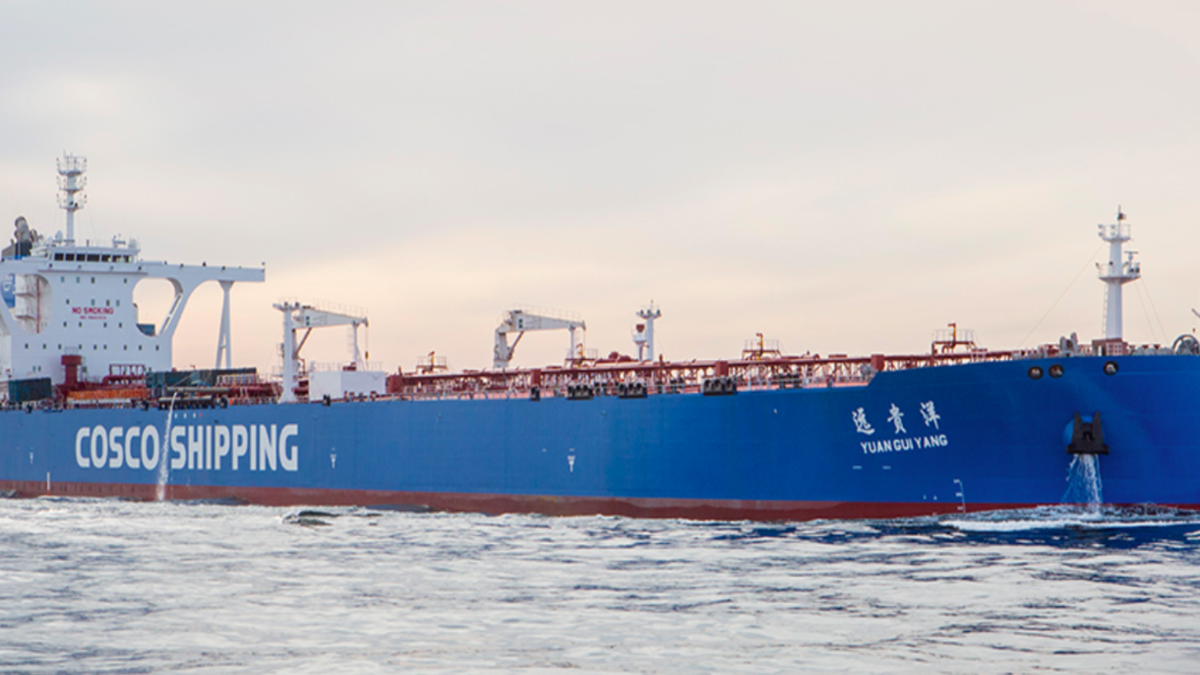According to the latest annual report of BRS Group, a leading shipbroking and consulting organization, the world’s top 10 new shipbuilding investors placed orders for a total of 487 newbuildings in 2024, accounting for 19.6% of the total newbuildings in 2024.

COSCO led globally in terms of vessel count, while Mediterranean Shipping Co (MSC) dominated in deadweight tonnage (dwt). The Chinese shipping group signed contracts for 102 new vessels in 2024, totaling 12.0M dwt, and the Aponte – family – controlled MSC placed orders for 74 vessels, amounting to 13.0M dwt. In addition to ordering a large number of new vessels, COSCO Shipping and MSC were also very active in the second-hand ship market last year.
COSCO has invested heavily in multiple segments like bulk carriers, tankers, container vessels, and gas carriers. MSC remained the biggest spender in the container ship sector. Industry sources said COSCO’s next shipbuilding focus may be dry bulk, and BRS Shipbrokers noted that COSCO’s aggressive newbuilding strategy highlights China’s strong domestic shipowning sector. MSC started 2025 strongly, signing for four 21,700 – TEU LNG dual – fuel container vessels with a Chinese shipyard and having option contracts.
BRS Shipbrokers reported that the top 10 contractors worldwide placed orders for 487 vessels in 2024, accounting for 19.6% of all newbuilding activity. Eastern Pacific Shipping ranked third, Cido Shipping fourth, and China Merchants Group fifth. Other top 10 companies included Wan Hai Lines, Seaspan, George Prokopiou’s group, QatarEnergy LNG, and Union Maritime.
For 2025, BRS Shipbrokers considered 2024 a standout year for newbuilding orders, second only to 2007, leading to extended orderbooks. Analysts think 2025 may not match 2024’s activity due to factors like weak freight markets (e.g., LNG carrier sector), US administration – announced import tariffs, and the proposed US port fee on Chinese – owned and Chinese – built vessels. BRS Shipbrokers forecast that new orders in 2025 will drop to about 100M dwt from 193.1M dwt in 2024. Analysts expect new shipbuilding expansion to lower construction costs, potentially by over 10% in 2025, but price resistance may remain due to existing order backlogs.


